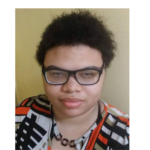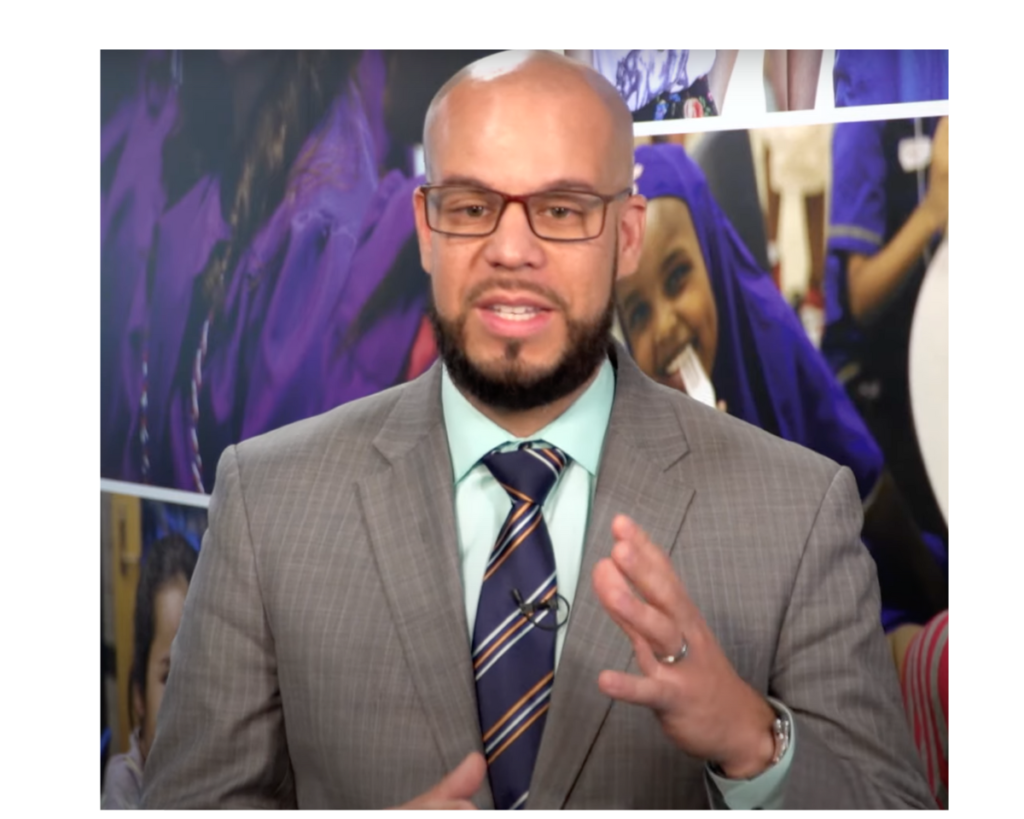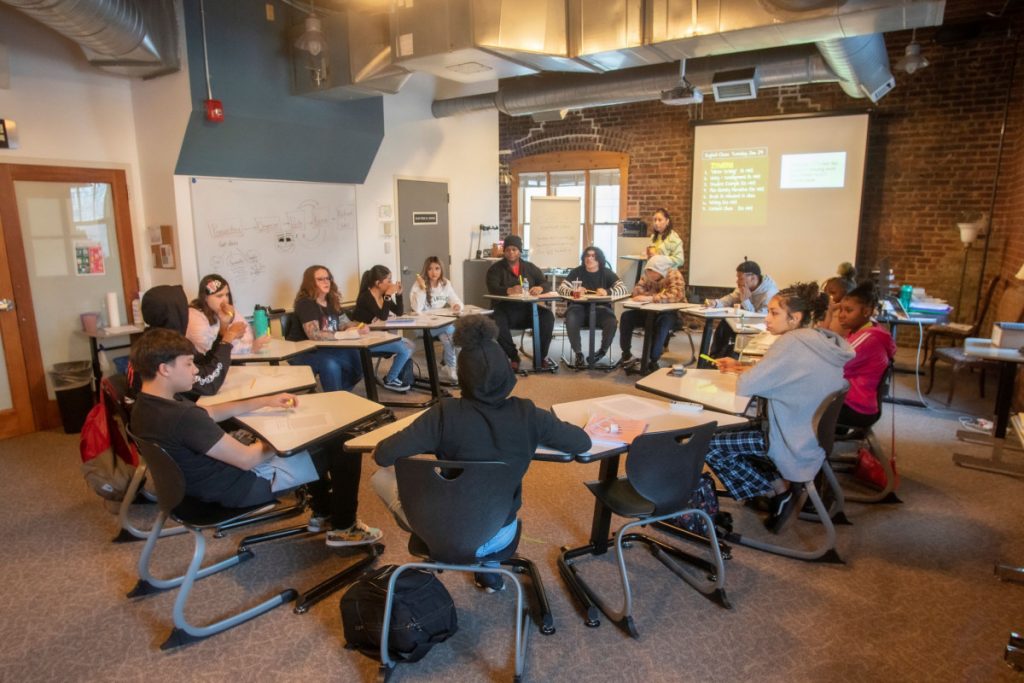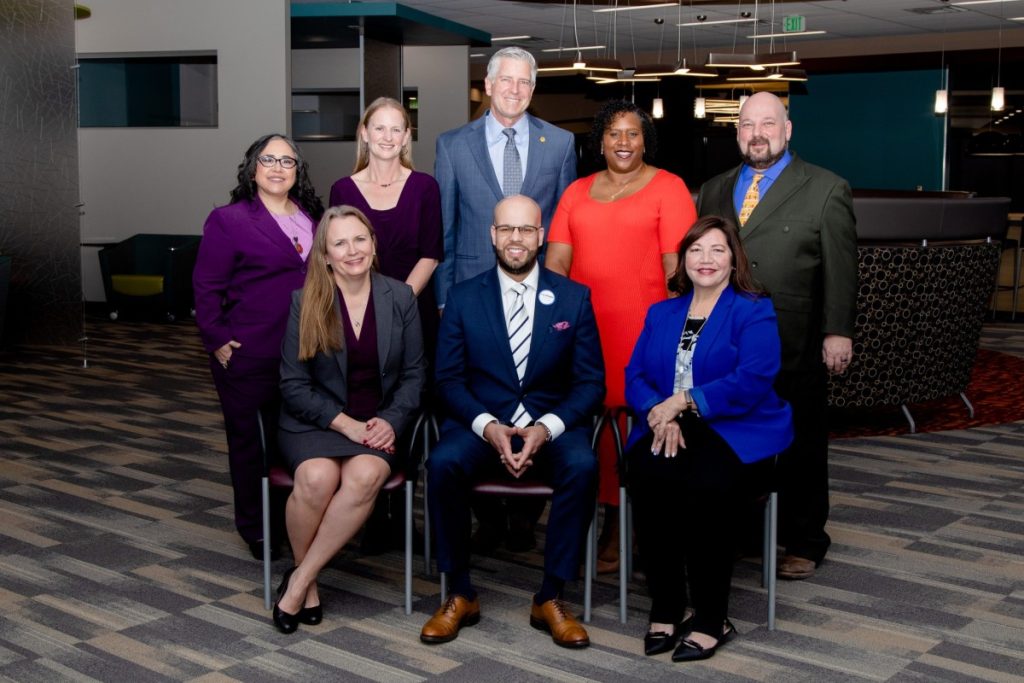Editor’s note: This article was written by Amelia Federico and Zaria Dempsey. Amelia is a junior at Metropolitan State University of Denver. She is also an active member of Our Turn, a youth-led movement dismantling oppressive structures that limit access to quality education. Zaria, also an Our Turn member, attends Emily Griffith Technical College in the Pharmacy Tech program.
Last month the Denver Public Schools Board of Education voted 4-3 to make Superintendent Alex Marrero one of the highest-paid district leaders in Colorado. The move occurred absent an evaluation of Marrero’s performance.
As two young alumni who have been attending board meetings for several years, and consistently this school year, we’re deeply frustrated by this decision. This year, we’ve found it hard to truly understand what progress is being made in the district, and we’ve felt more closed out of DPS than ever before.
Interpersonal tensions have marred the board meetings, and it’s clear that this decision was no exception. The vote left the board divided over issues of transparency, collaboration, and timing.

Despite our frustration, we accept the decision made and want to urge the board to use this opportunity to manage their sole employee with a more intentional focus on accountability, transparency, and community integration.
With that in mind, we’ve put together a few recommendations for the leadership of our district.
- Refuse to compromise community leadership. Denver Public Schools committed to a vision of being community-led, district-supported, but just last month we heard the superintendent dismiss community feedback and state that certain conversations are better suited to those with topic-area expertise.
We are happy to make space for issue-area experts, folks who take action in the field, but if there is no community at the table, we will never come to the correct solutions.

DPS students deserve a superintendent who is approachable, integrated with the community, and who believes in the expertise and value that those with lived experience can bring to the table. We have an opportunity to acknowledge harm, rebuild trust, and heal the relationship between district leaders and the community.
This will require the superintendent to change his strategies and tactics for community engagement. Since assuming leadership, Marrero has relied on his “listening and learning tour” and small, appointed committees to serve as his sources of community voice. But community voice cannot be captured in a single moment, or by a single representative.
And stopping at the inclusion of community voice displays a lack of commitment to the community leadership model our district is supposedly committed to.
- Set high expectations, and provide quality support for our superintendent. DPS has monumental work to do. Take, for example, the data we heard at the January Progress Monitoring meeting. District officials shared that fewer than 40 percent of students of color are reading on grade level.
We now employ one of the highest-paid district executives in the state. Marrero makes more than our governor. His salary is double the state average for his peers, so he must set the standard for progress in the state as well.
School board members are in the position to collaborate with the community to set standards for progress on these metrics and others, but they have allowed the superintendent to set his own expectations, writing the reasonable interpretations in a silo.
Next school year, there will be a potential for Marrero to earn up to $40,000 in bonuses based on his performance related to these expectations. That’s just $1,000 shy of the median individual income in Denver.
- Strike a balance between agility and long-term vision. The last few months in DPS have shown us that leaders can be agile to respond to what is happening in the day-to-day lives of students. But we’ve seen this agility exercised in response to adult outcries, and the urgency to respond leads to a lack of consideration for long-term impact.
Young people have been laying out a long-term vision for improvement in our district for a long time, which includes mental health support, safe and welcoming environments, and support for students and staff of color in DPS.
When we are making urgent decisions or conducting crisis response, we can’t abandon the values and policies our community has been crying out for.
After a year of attending public comment, watching the regular board meetings, and being on the ground in our communities, you can imagine these are just the beginning of our ideas for how we can improve. We know we can accomplish more in the district than we have in the last year, by focusing on solutions and increasing accountability between the school board and the superintendent.
We believe these strategies are critical to increasing accountability and progress in the district. After the district has invested so much in our superintendent, we’re waiting to see what he will invest in students.




